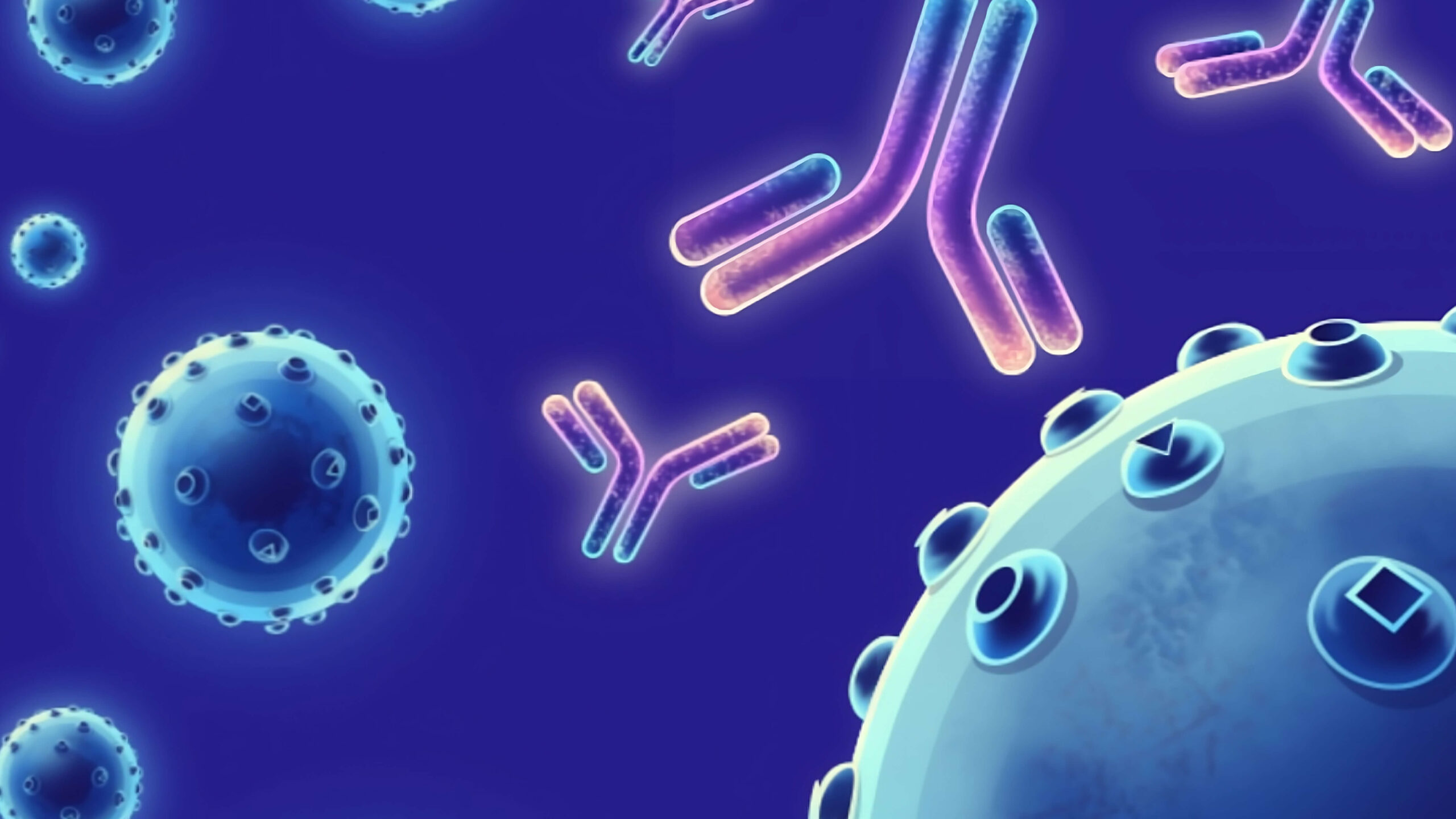Description
SIRPB1A (Signal-regulatory protein beta 1A), also known as SIRP beta 1, belongs to signal-regulatory-protein (SIRP) family, and immunoglobulin superfamily. Signal-regulatory proteins (SIRPs) are cell-surface glycoproteins expressed on myeloid and neural cells that have been shown to recruit SH2 domain-containing protein phosphatase 1 (SHP-1) and SHP-2 and to regulate receptor tyrosine kinase-coupled signaling. SIRP are classified as SIRP alpha molecules, containing 11- to 113-amino acid long, or SIRP beta molecules, with a 5-amino acid long intracytoplasmic domain. SIRP beta 1 is a new DAP12-associated receptor involved in the activation of myeloid cells, which contains a short cytoplasmic domain that lacks sequence motifs capable of recruiting SHP-1 and SHP-2. SIRP beta 1 acts as an activating isoform of SIRP alpha molecules, confirming the co-existence of inhibitory ITIM-bearing molecules, recruiting SHP-1 and SHP-2 protein tyrosine phosphatases, and activating counterparts, whose engagement couples to protein tyrosine kinases via ITAM-bearing molecules.s
Target
Sirpb1a
Target Alias Names
9930027N05Rik, SIRP-beta, Sirpb, Sirpb1, Sirpb1a
Isotype/Mimetic
Rabbit IgG
Animal-Derived Biomaterials Used
No
Sequence Available
No
Original Discovery Method
Phage display technology
Antibody/Binder Origins
Animal-dependent discovery (in vitro display, OR immunisation pre-2020), In vitro recombinant expression

